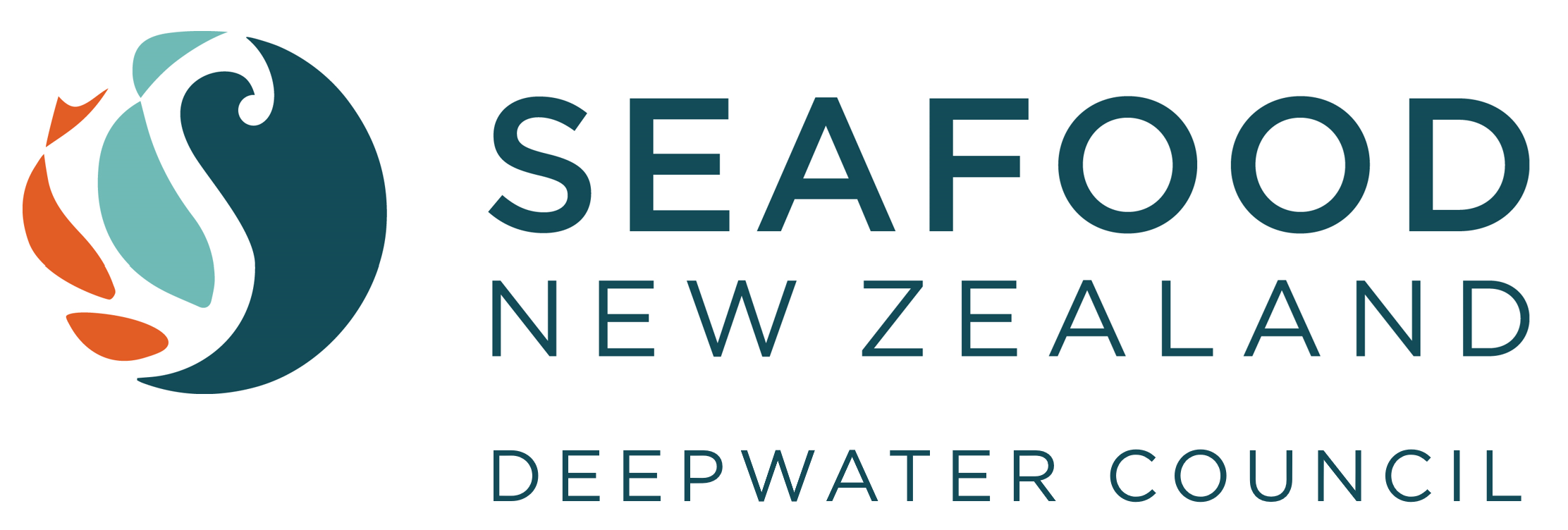Fifteen years ago, when the world’s first fishery earned Marine Stewardship Council (MSC) certification, sustainability in seafood was a relatively new concept. Then it became a buzzword. Today, “guaranteed sustainability is a requirement,” said Nicolas Guichoux, MSC global commercial director.
“All of that happened because some companies decided that sustainability, like price and quality, was a must-have as opposed to a nice-to-have,” Guichoux said on Wednesday during the organization’s annual Global Commercial Update meeting at Seafood Expo Global.
Guichoux’s comments were backed up by numerous statistics showing the eco-label’s growth, including an annual wholesale value of USD 2.1 billion (EUR 1.9 billion) for 16,336 consumer-facing MSC-labeled products. Europe is the brand’s greatest champion, with Germany’s annual sales growth at 14 percent and central European nations, like expo host Belgium, expressing a “huge appetite for MSC,” said Guichoux.
Growth is occurring outside of Europe, however, with Japanese retailer AEON now selling 50 MSC-labeled products in 430-plus stores. And Swedish retailer Orkla is aiming for 100 percent of its seafood products MSC or ASC (Aquaculture Stewardship Council)-certified by 2020.
“It takes a lot of passion to integrate everyday life with sustainability,” commented Krishan Kent, purchasing director for Orkla Foods Sverige AB, during a panel discussion that also included Peter Hajipieris, director of corporate social responsibility for Iglo Foods Group Ltd. and Constant Mulder, non-executive director for Anova Seafood.
Companies like Iglo have supported MSC over the years not only because it is the fashionable thing to do, said Hajiperis. “MSC is a supply chain management tool. That’s why we invest in it,” he said.
“Consumers are expecting a safe, honest and transparent product,” added Mulder, who challenged MSC to start programs to help small, artisanal fisheries in regions like Africa get on the path to sustainability. The other panelists agreed that more outreach is needed there, but Rupert Howes, CEO of the MSC, said there is no “panacea.”
“Certification and labeling is only part of the solution,” he said.
The London-based nonprofit organization recognized numerous fisheries and seafood companies making strides in sustainability, including Compass Sweden, which has raised the percentage of MSC-labeled products in its stores from 60 percent in 2013 to 81 percent today.
The meeting began with a short film showing images of Western Australia’s rock lobster fishery, the first fishery in the world to obtain MSC certification, 15 years ago. “It captures what we’re all about,” said Howes.
